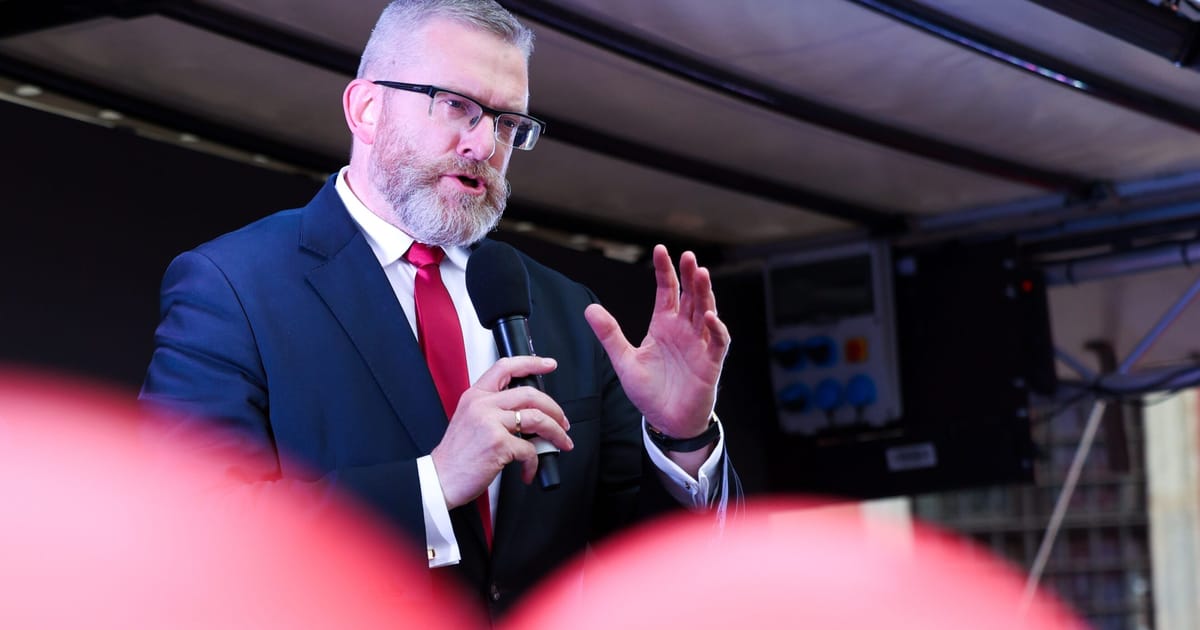

As the global stage continues to present a tapestry of diverse developments, recent events have spotlighted issues ranging from historical denial and cultural heritage to labor exploitation and human rights advocacy. In a world interconnected by shared histories and responsibilities, understanding these stories helps illuminate our collective path forward.
The investigation into former presidential candidate Grzegorz Braun’s controversial statement denying the existence of gas chambers at Auschwitz highlights the sensitivity surrounding historical memory. Polish prosecutors are delving into these remarks, which evoke significant historical and emotional implications. The Auschwitz-Birkenau State Museum, among other institutions, remains an enduring testament to the atrocities of World War II, serving as a poignant reminder of the past and the necessity for accurate historical discourse.
At the same time, another incident tied to history’s tangible remnants occurred in Scotland. A man from Sydney has been charged with “malicious mischief” following an attempt to damage a glass case housing the Stone of Scone at the Perth Museum. The Stone, a symbol of Scottish monarchy and heritage, represents the rich cultural tapestry of the region. Preserved artifacts like this are crucial for educational and cultural continuity, reminding societies of their intricate legacies and shared traditions.
In Australia, a new study uncovers that over a third of young workers face exploitation in the workforce, often remunerated below the legal minimum or compensated through goods rather than wages. Many of these young individuals find themselves in precarious positions, either due to inexperience or lack of awareness regarding their rights. This issue of exploitation underlines the need for robust labor protections and educational programs to safeguard these workers, fostering an equitable and just working environment.
Meanwhile, the geopolitical landscape reflects ongoing challenges and responsibilities. Human rights groups urge European policymakers to consider the situation of political prisoners in Iran during any future negotiations with the country. With calls to prioritize human rights within these discussions, the advocacy underscores the universality of human dignity and the need for sustained international attention on issues of repression and injustice.
Closer to the streets, disciplinary actions in Lisbon against a police officer serve as a reminder of ongoing efforts to address misconduct in law enforcement. The suspension follows the officer’s involvement in an altercation with a tuk-tuk driver, emphasizing the importance of accountability and the rule of law in maintaining public trust and safety.
As we reflect on these events, embracing a mindful approach allows for a clearer understanding of the broader narratives connecting us all. Acknowledging past wrongs, celebrating cultural heritages, advocating for dignified labor conditions, and upholding human rights are essential steps in crafting a future that resonates with empathy, justice, and respect.
Source: {link}
